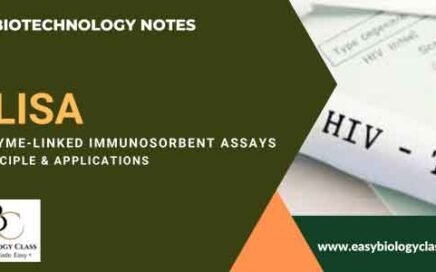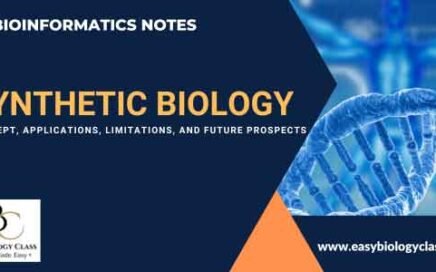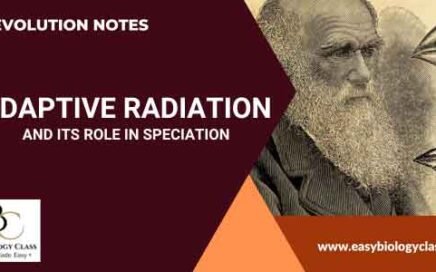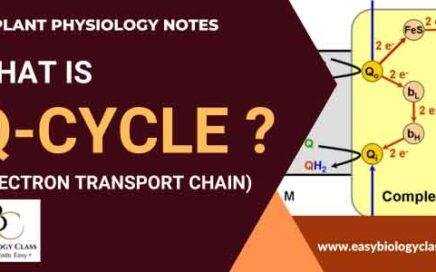
Indoor Gardening PPT (Indoor Gardening Plants PPT)
Indoor gardening involves cultivating plants within an indoor environment, such as a home, office, or enclosed space. It allows for the growth of various plants, including herbs, flowers, and vegetables, regardless of external weather conditions. By using containers, grow lights, and controlled watering systems, indoor gardening creates a suitable environment for plant growth. This practice is ideal for those with limited outdoor space, enabling year-round gardening and enhancing indoor aesthetics. This is a downloadable PPT on Indoor Gardening and Indoor Garden Plants.








